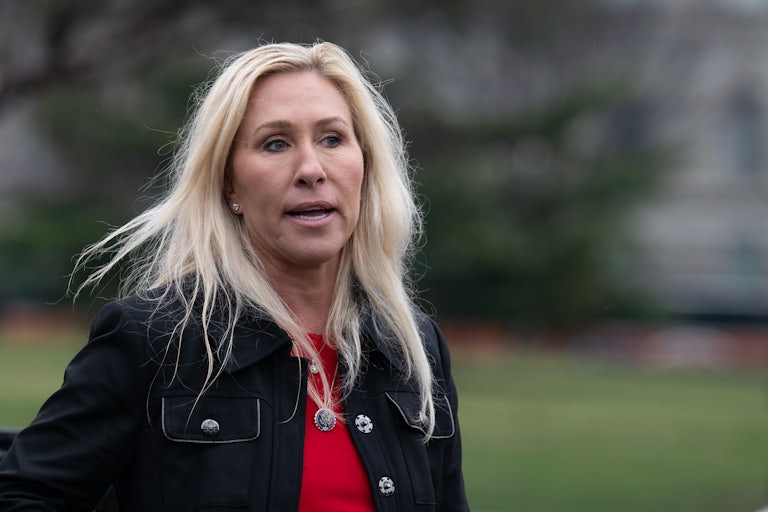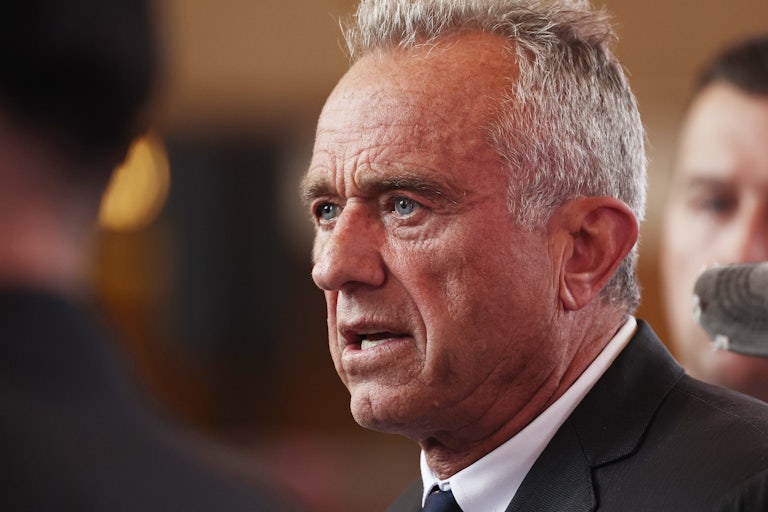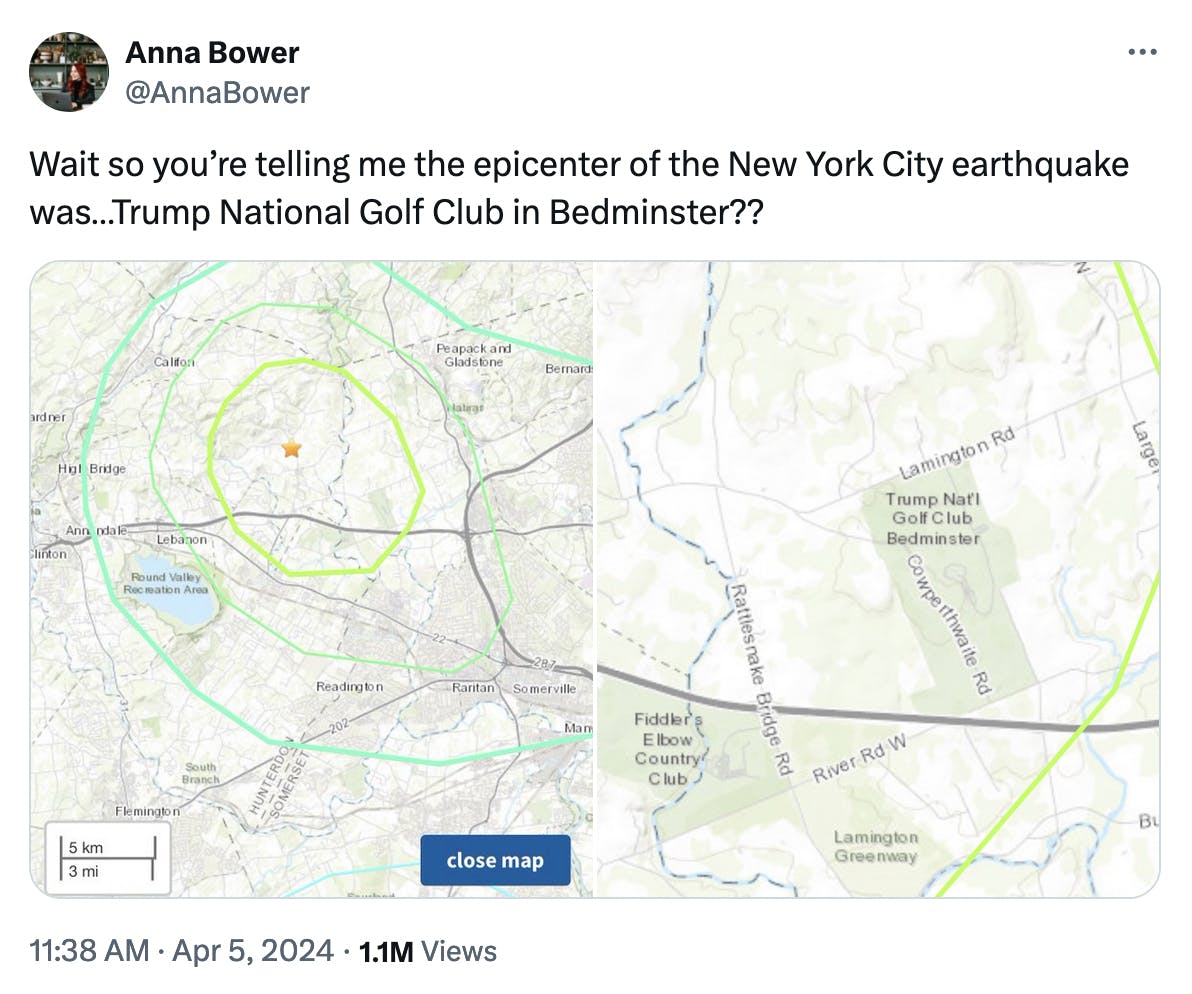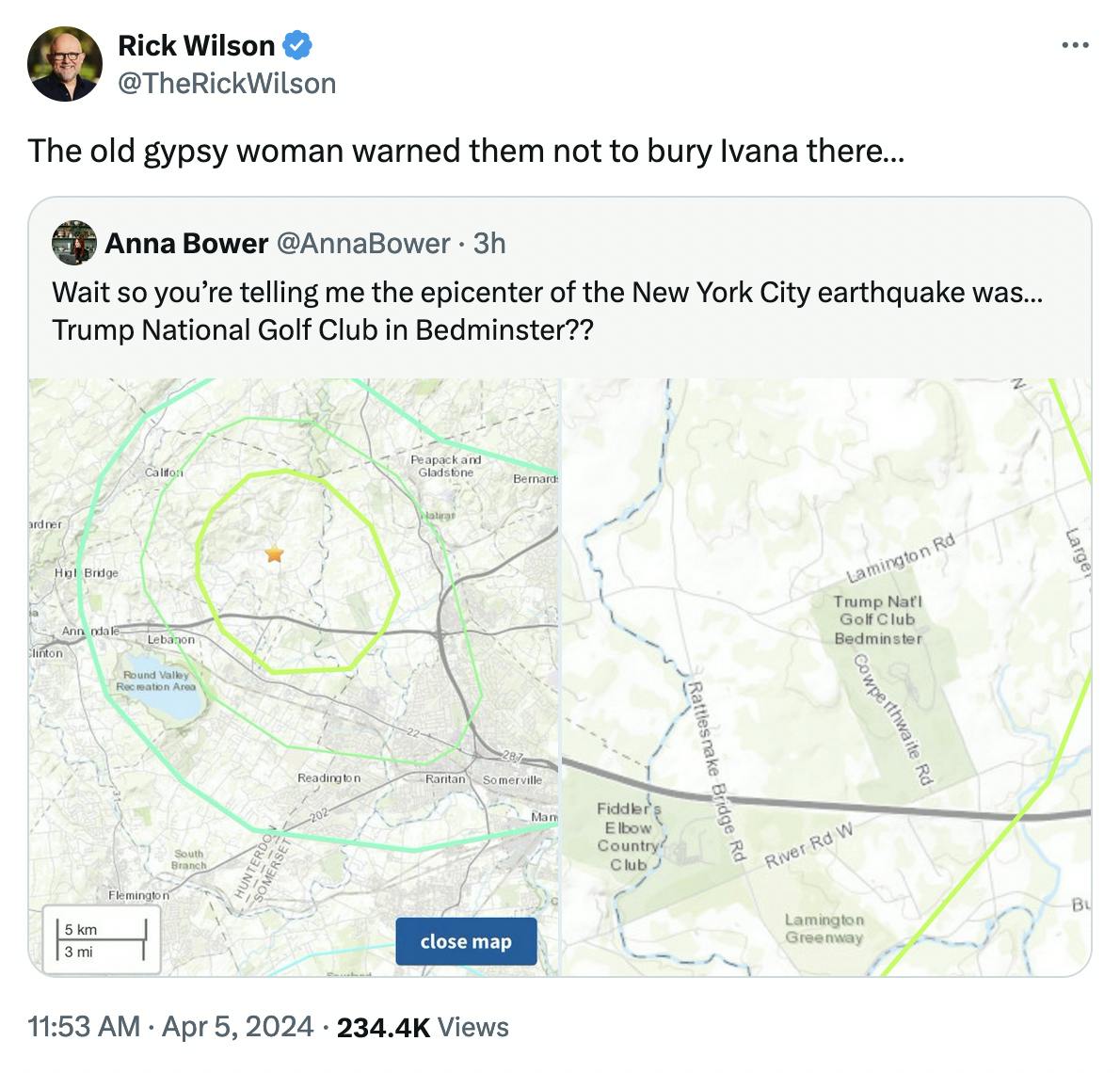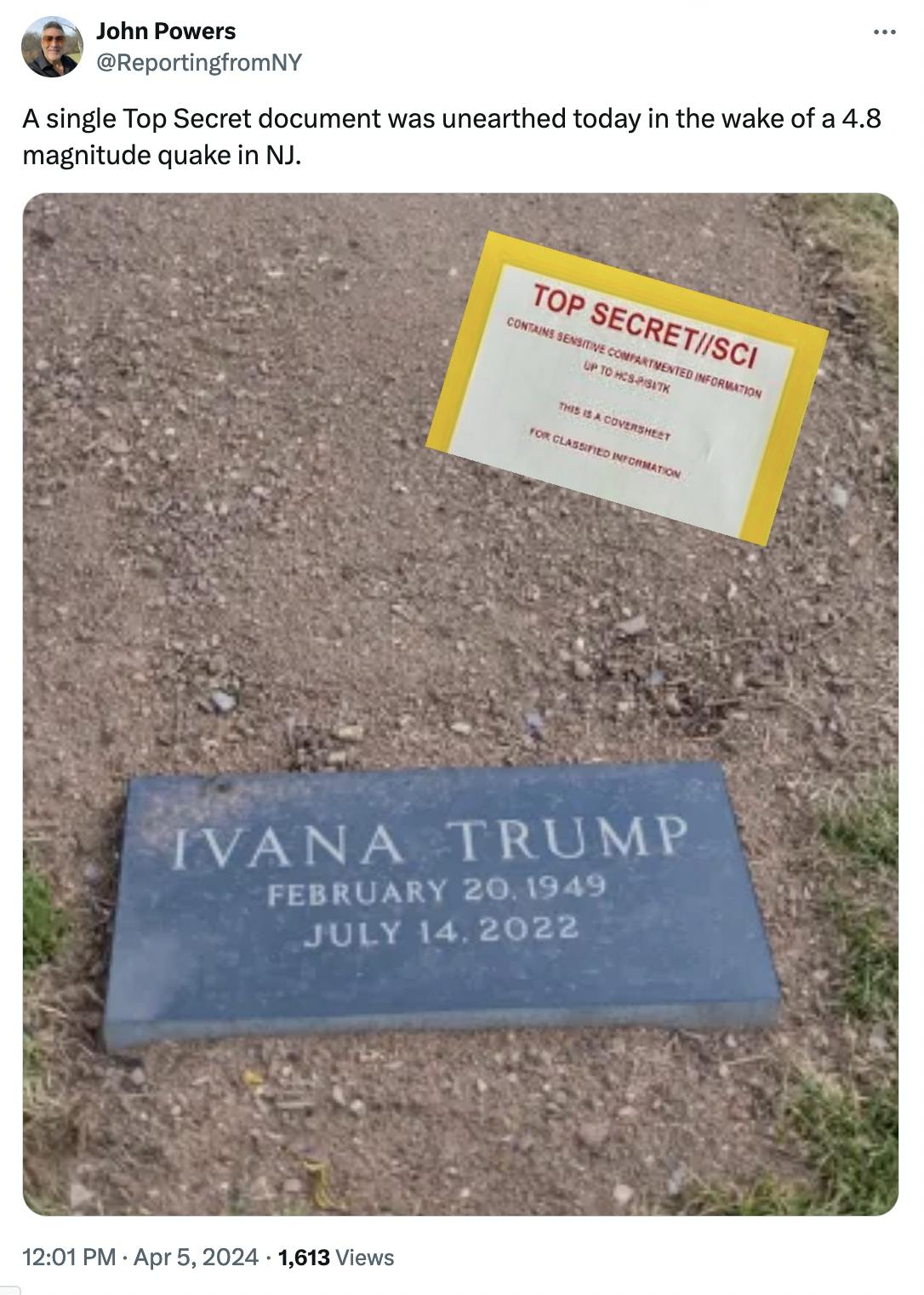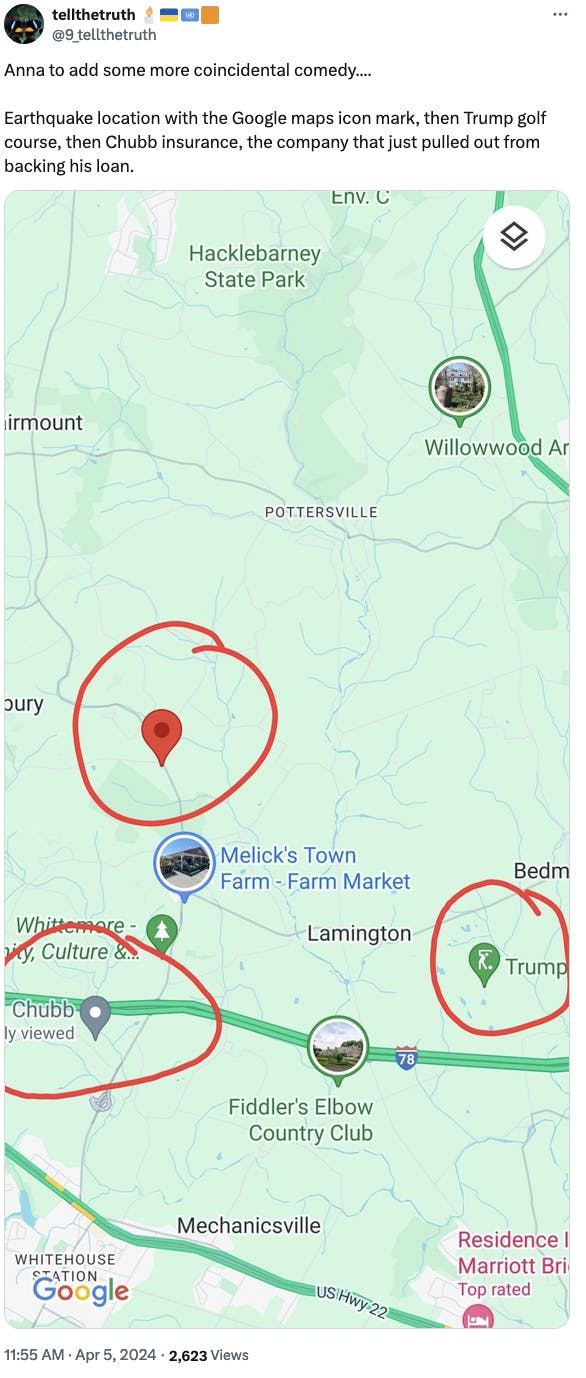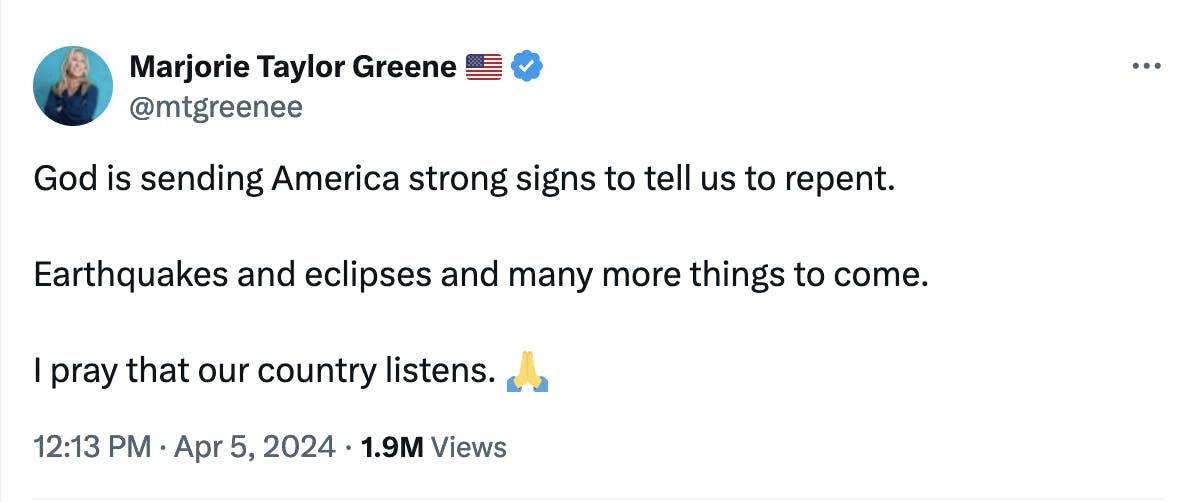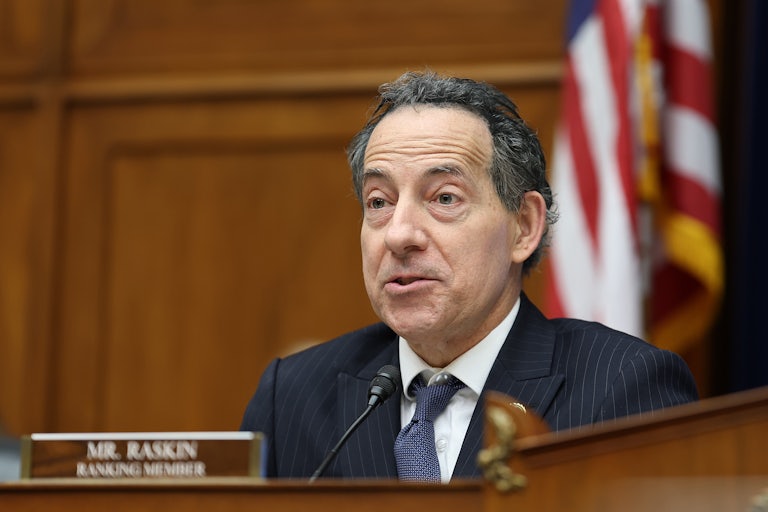Press Asks What Israel Doesn’t “Want International Journalists to See”
The Foreign Press Association demanded Israel allow journalists into the war-torn region.
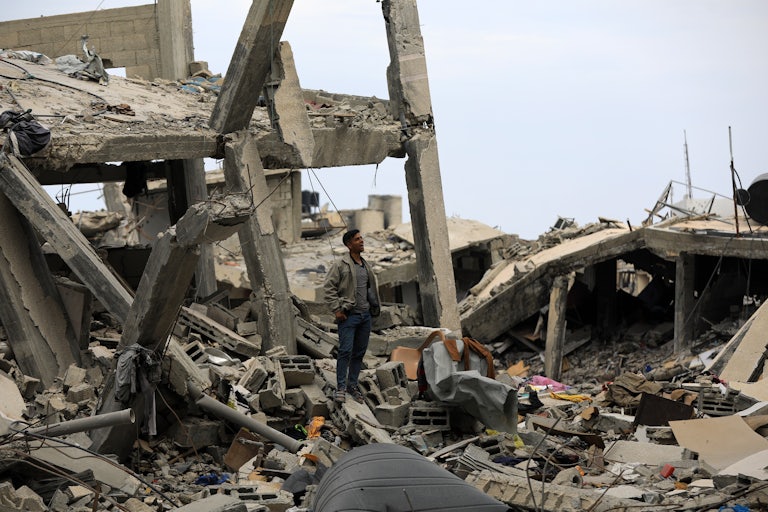
The Foreign Press Association slammed Israel on Monday for preventing international journalists from accessing Gaza, suggesting that Tel Aviv was trying to prevent the rest of the world from seeing the extent of the destruction.
Israel’s brutal war in Gaza has killed at least 33,175 people in the last six months, including 13,000 children. Images and reports from the territory show vast areas filled with rubble, horrific images of corpses, and bombing survivors nursing grief over their loved ones as well as their own serious injuries.
And that’s with Israel barring any journalists from entering Gaza independently.
“The barring of independent press access to a war zone for this long is unprecedented for Israel,” the Foreign Press Association said in a statement. “It raises questions about what Israel does not want international journalists to see.”
The group is calling for Israel to grant international media “expanded and unfettered access to Gaza.”
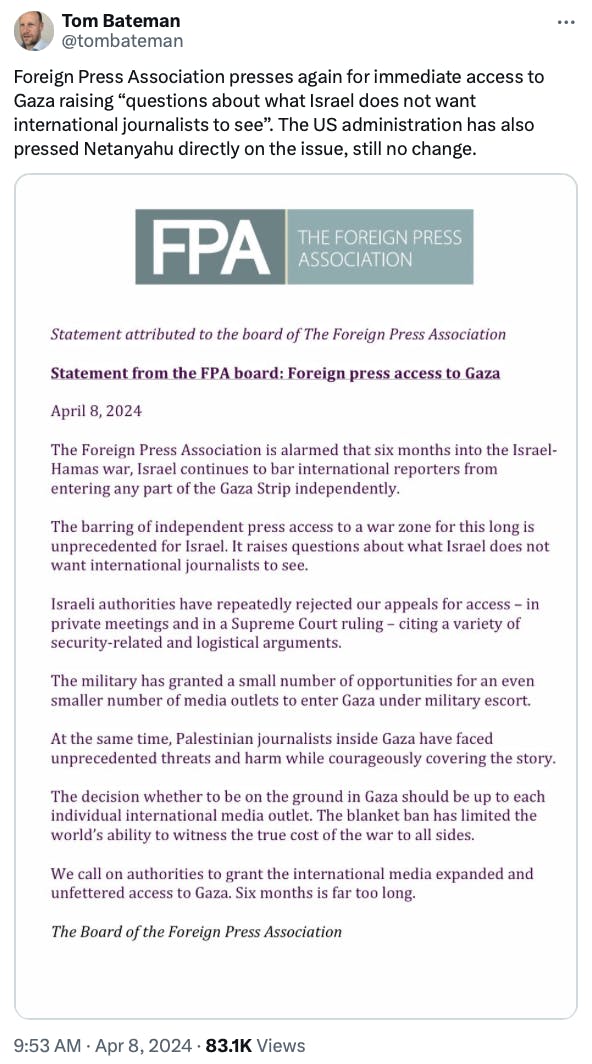
The gruesome reports the world has seen have come from Gazan journalists on the ground, who have to balance their own safety—as well as that of their families—with the duty of documenting the attacks, atrocities, and daily life as the war continues into its sixth month. A small amount of media has been allowed into the territory under military escort, but it is subject to Israeli military censorship. Gazan journalists, such as Motaz Azaiza, Plestia Alaqad, Bisan Owda, Hind Khodary, and others have had to rely on viral social media posts to get their uncensored reports out.
It stands to reason, then, that foreign journalists would expose even more horrific effects of Israel’s military attacks, as U.S. officials have reportedly said anonymously. Last week, British radio host James O’Brien drew the same conclusion on Leading Britain’s Conversation.
'Maybe Israel cannot countenance what would actually be reported.'
— LBC (@LBC) April 3, 2024
@mrjamesob pushes caller Trevor to answer why Israel won't let foreign journalists into Gaza. pic.twitter.com/7VTIsmos2B
At least 95 journalists and media workers are among the dead as a result of the war to date, according to preliminary investigations from the Committee to Protect Journalists. Not all of the dead are from Gaza, either: Among the confirmed media casualties are 90 Palestinians, two Israelis, and three Lebanese.
In addition, 16 journalists were reported injured, four were reported missing, and 25 were reportedly arrested, according to the CPJ. And that doesn’t include threats and censorship against journalists in the region. For example, Israel’s Knesset passed a law last week giving the country’s senior ministers the ability to shut down any news outlet deemed a security risk, a move that was widely seen as targeting one of the few international outlets with correspondents inside Gaza, Al Jazeera.



